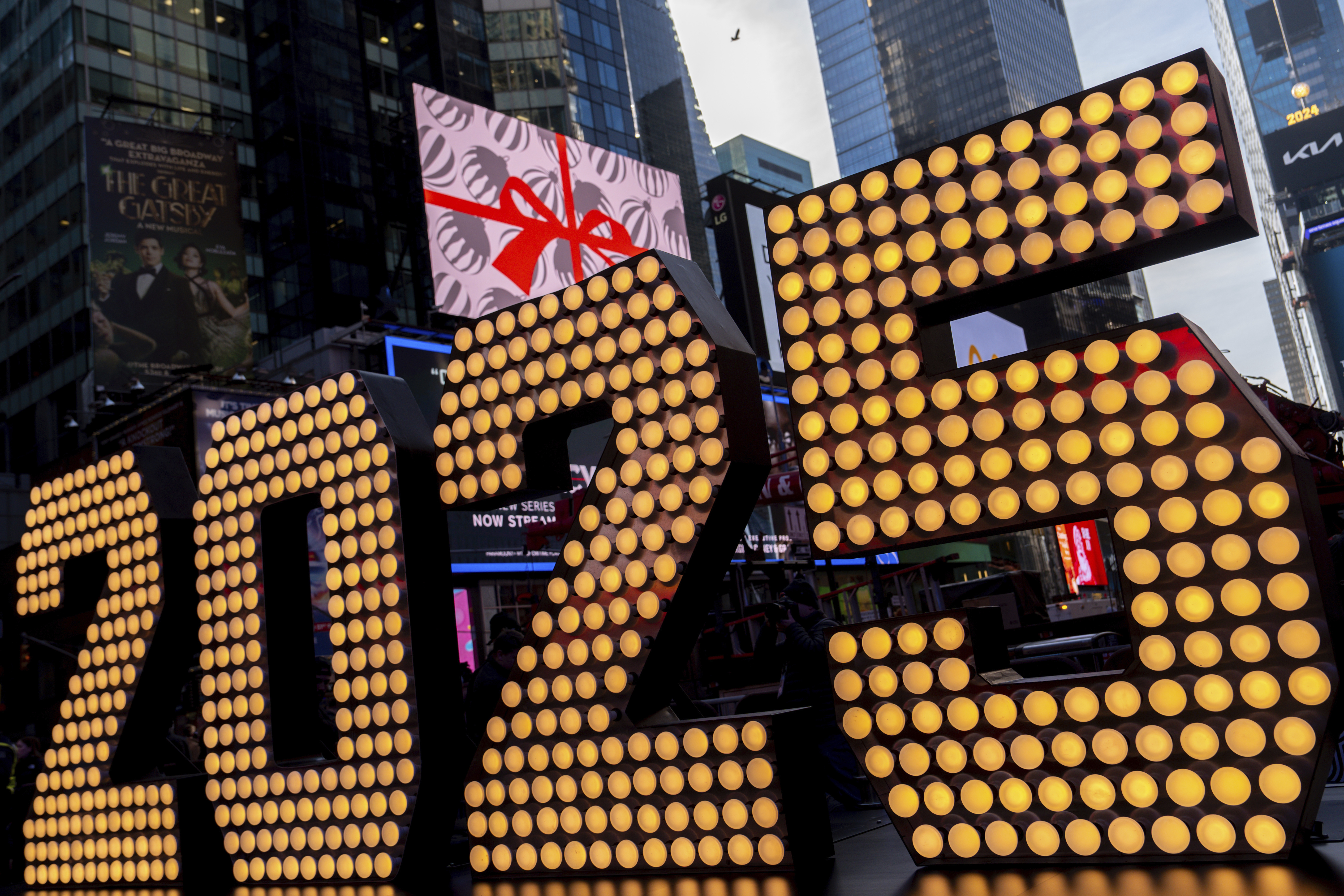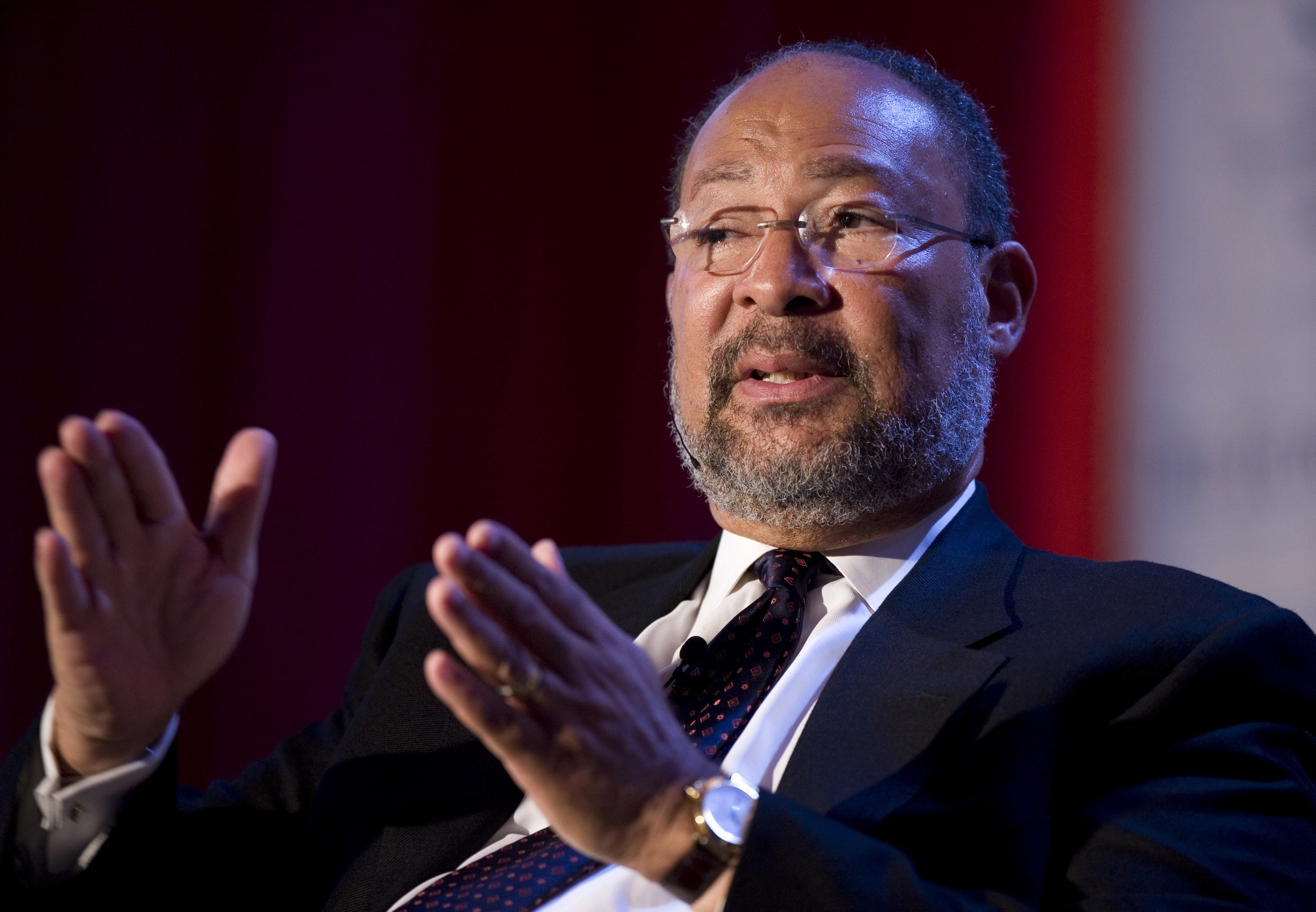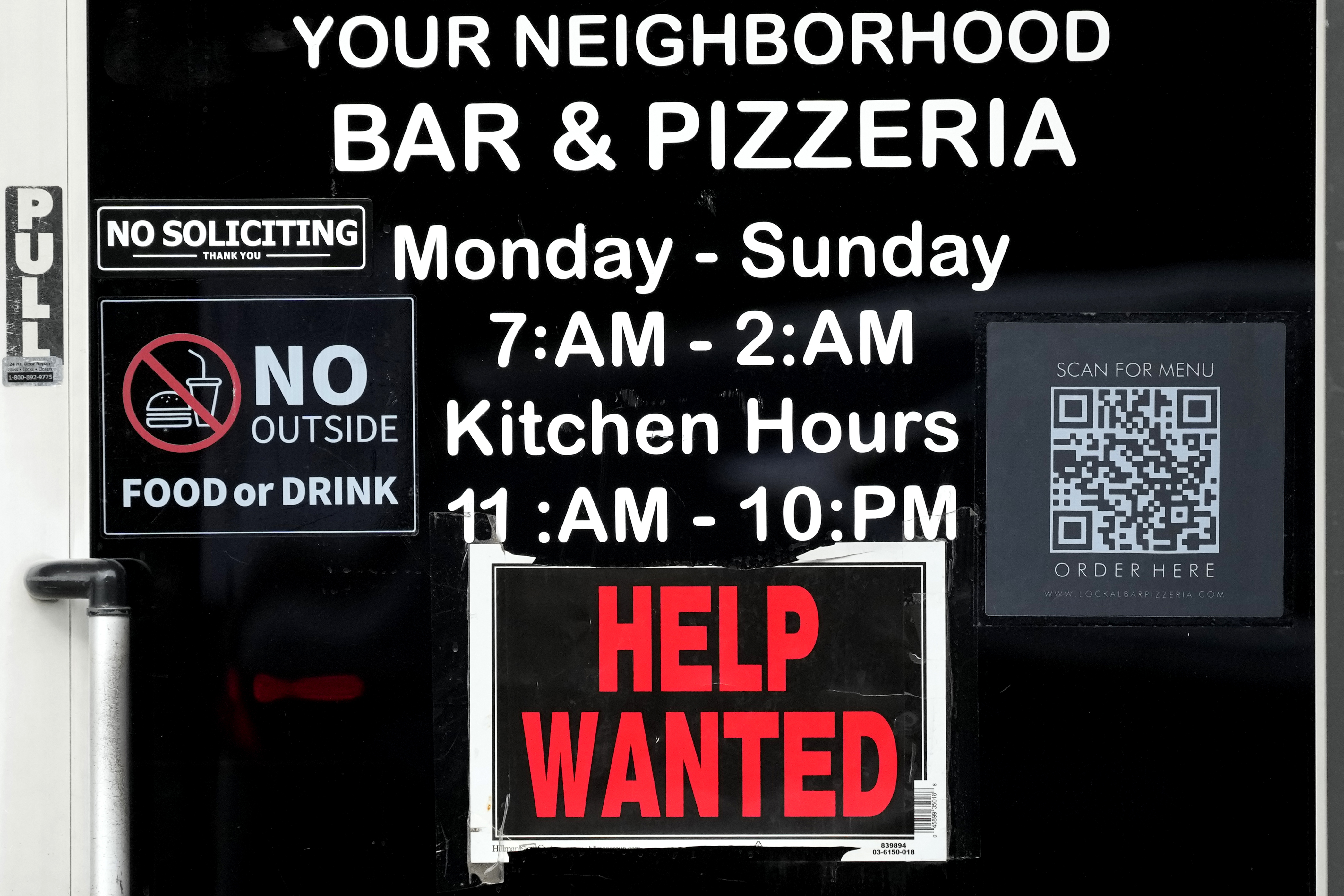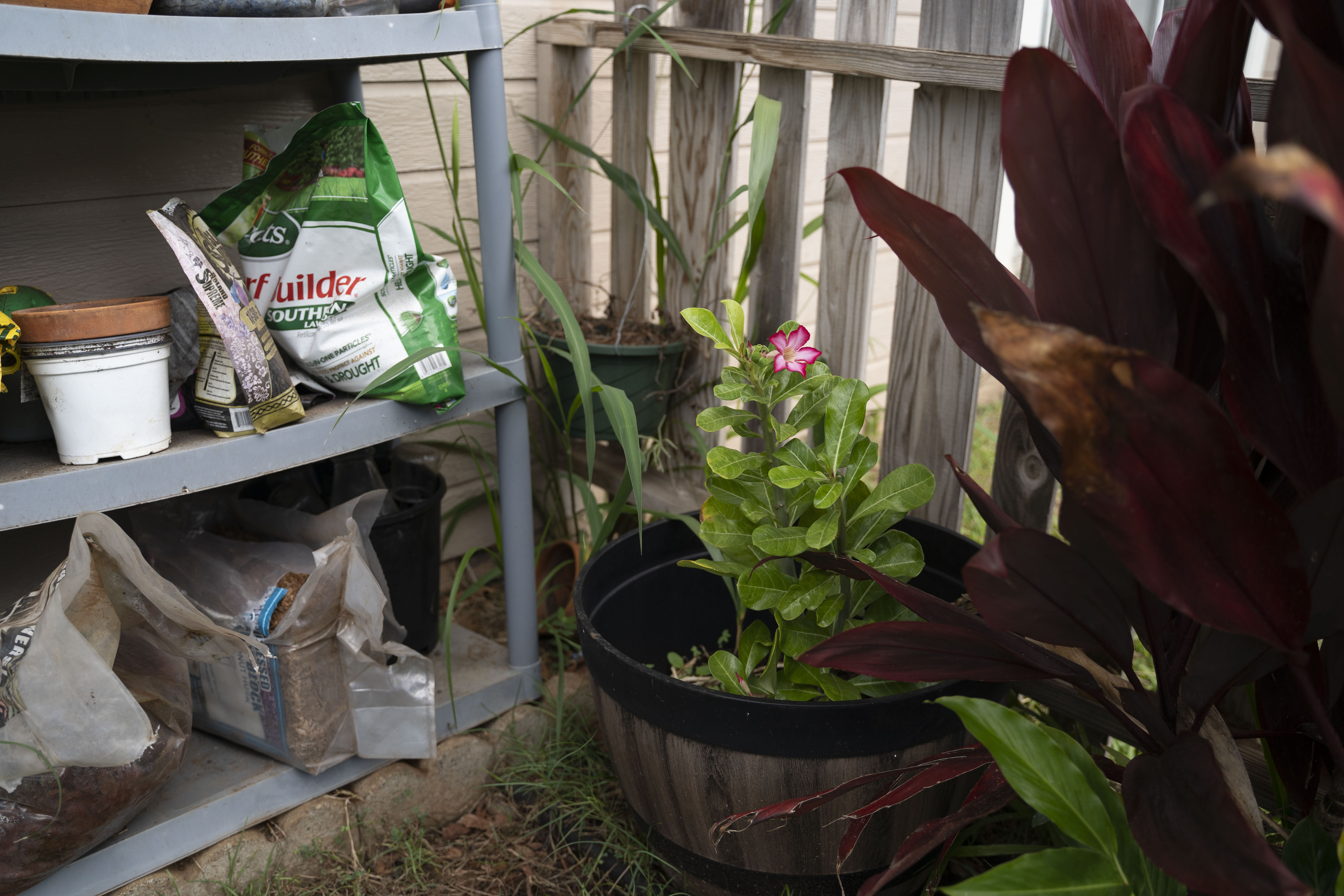PORTLAND, Ore. (KOIN) — Just 10 years ago, weed enthusiasts looking to smoke cannabis legally would have been out of luck unless they booked a trip to Amsterdam.
However, since Colorado and Washington became the first states to legalize recreational marijuana in 2012, the so-called “Green Rush” of legal weed has grown — and now plenty of states offer pot-lovers a legal place to puff in peace.
With recreational cannabis now greenlit in 18 states, it seems there are more options than ever for stoners to set up shop. However, a new list of the “Best Weed Cities in the U.S.” suggests that not all kush is created equal.
The list, compiled by Real Estate Witch, ranked each city on a number of weighted factors, including legality, price (in relation to average annual income), dispensaries per capita, and — no kidding — the number of Taco Bell restaurants in the area.
Perhaps not surprisingly, Denver — also known as the Mile High City — came out on top.
“Although there are many popular places to smoke weed in Colorado, none is better than the state’s capital,” Real Estate Witch wrote. “Weed is easily accessible in Denver, with 7x the number of dispensaries (9.8 per 100,000 residents) and nearly 3x the number of head shops (2.2 per 100,000 residents) as the average city.”
Denver also ranked high in terms of cannabis affordability, behind only Sacramento, California, and Portland, Oregon — the two cities that took the third- and second-place spots on the list, respectively.
A ranking of the top ten “weed cities” as determined by Real Estate Witch is below:
- Denver, Colorado
- Portland, Oregon
- Sacramento, California
- Las Vegas, Nevada
- San Jose, California
- Seattle, Washington
- San Francisco, California
- San Diego, California
- Los Angeles, California
- Phoenix, Arizona
- Virginia Beach, Virginia
Richmond also came in the top 20.
A complete ranking of all 50 cities included in the study can be found at Real Estate Witch.
To determine the best weed-friendly cities, Real Estate Witch used data from 2022 to analyze marijuana laws, including “publicly available data” from the Census Bureau, Google Trends, the Bureau of Labor Statistics and Yelp, among others.















































